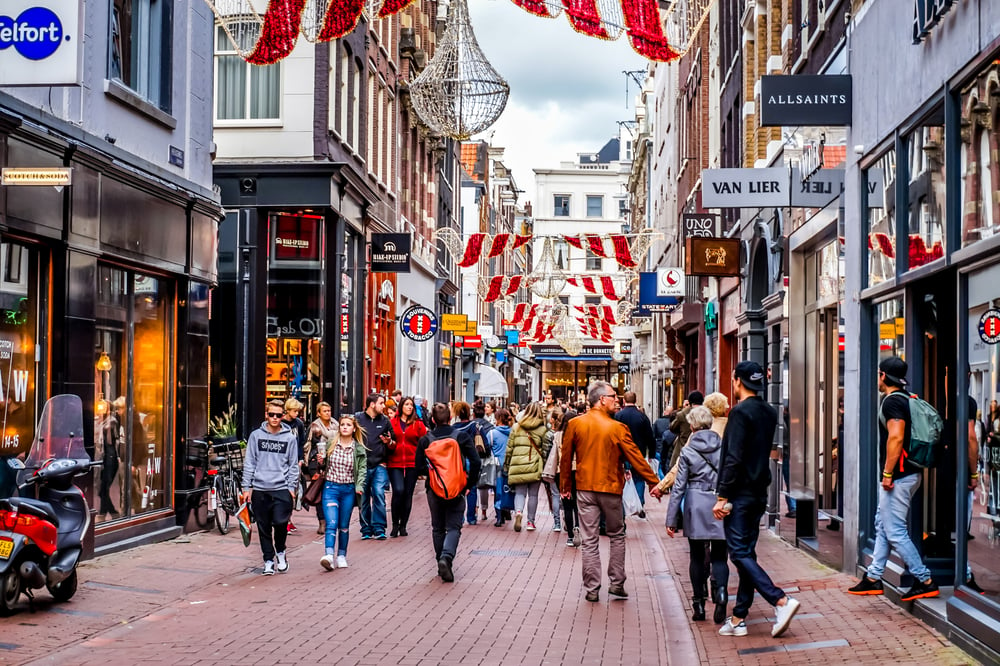The Dutch House of Representatives has just voted to ban “buy now, pay later” schemes in physical stores, due to worrying increases in debt accumulation.
Online shoppers are probably already accustomed to seeing it — the enticing “buy now, pay later” (BNPL) option at the checkout section of your favourite webshop.
However, whilst delayed payment schemes might seem like flexible options when you’re short on cash, the Dutch government and the Netherlands’ Authority for the Financial Markets (AFM) have zeroed in on many hidden dangers.
Worrying debt accumulation trends
Speaking to the NOS, AFM’s Teun van der Velden stressed that the “accumulation of debt and also the habituation of taking on a debt every time” was the most worrying aspect of “pay later” schemes.
He mentions that customers who frequently use BNPL options “no longer have [an] overview” of how much money they’re actually spending.

And this issue is even more problematic offline, where van der Velden states that “there is much more of a financial necessity: I don’t actually have the money, so I press the ‘pay later’ option.”
Evidently, the Dutch government agrees with the AFM’s view — as shown by last Tuesday’s motion to ban BNPL schemes in physical stores.
Stricter laws for online delayed-payment schemes
Whilst BNPL plans are still allowed for making online payments, European regulations will subject postpay providers to far stricter rules.
From November 2026 onwards, providers will also face supervision from the AFM.
In the meantime, the AFM has also offered several pointers to help you stay on top of these payments if you’re buying things online. 👇
- Ensure late payments don’t add up: Failure to pay on time will often incur additional charges, making your initial purchase even more expensive.
- Check your mailboxes: As most payment reminders are dispatched via email, it’s best to keep a close eye on your email inboxes.
- Familiarise yourself with postpay providers: Very often, your postpay provider is responsible for sending you payment reminders — so make sure you recognise the name in your email inbox.
- Know that you may not be able to make returns: Postpay options for expenses like flight tickets and fancy dinners can’t be returned, so you’ll be obligated to pay for them.
- Don’t opt for BNPL plans if you’re already in debt: A lack of funds might lead to your account being transferred to a collection agency, which will harm your credit score and may even incur collection costs of up to €40.
What do you think of “buy now, pay later” plans? Tell us your thoughts in the comments below!



